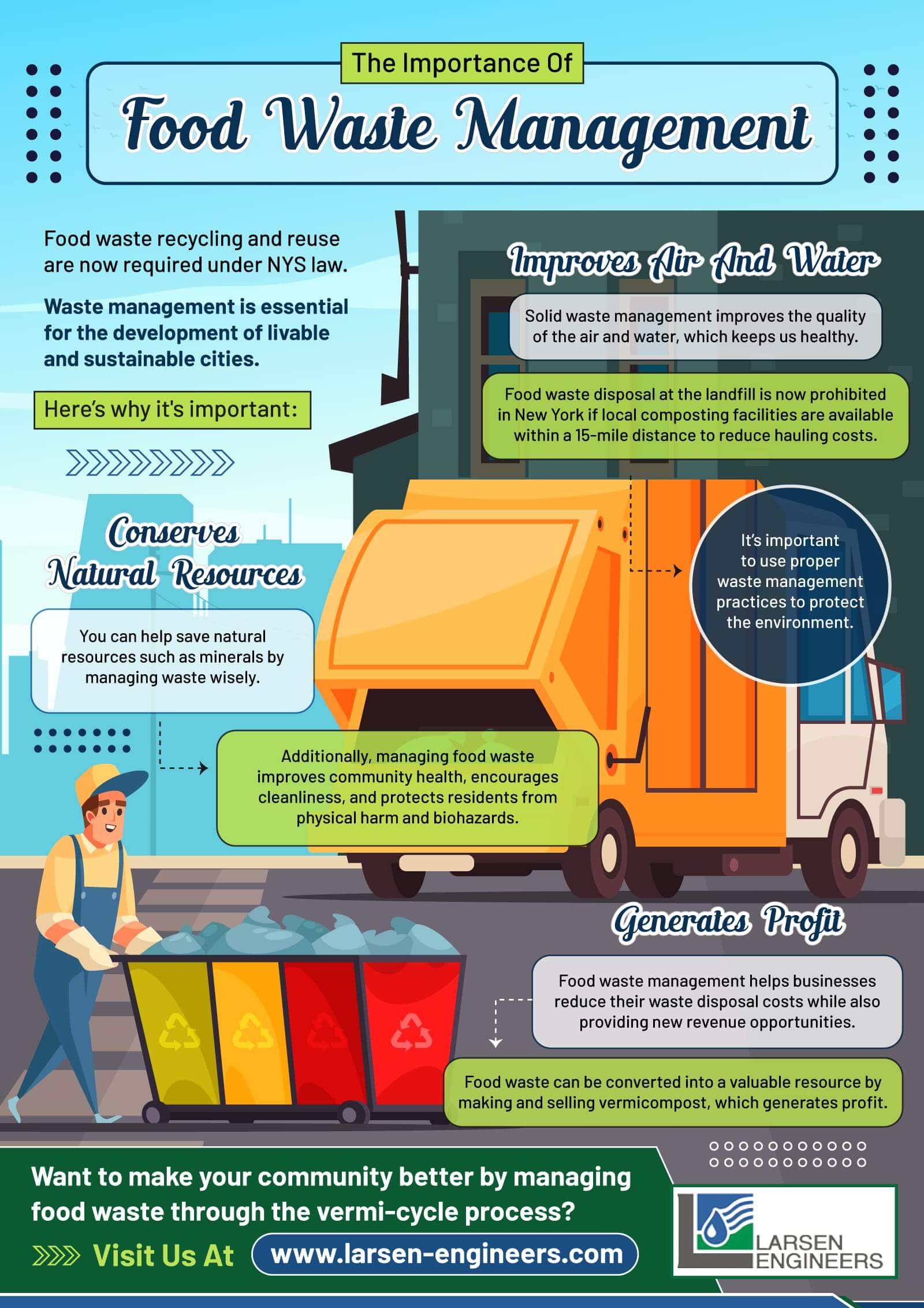The 5-Minute Rule for Reclaim Waste
The 5-Minute Rule for Reclaim Waste
Blog Article
See This Report about Reclaim Waste
Table of ContentsTop Guidelines Of Reclaim WasteAbout Reclaim WasteFacts About Reclaim Waste UncoveredAbout Reclaim WasteHow Reclaim Waste can Save You Time, Stress, and Money.
Through correct fluid waste monitoring, companies can minimize energy-intensive treatment procedures and disposal prices. By adhering to a system for handling liquid waste, business can prevent pricey fines and penalties and stay clear of negative publicity.(https://issuu.com/reclaimwaste1)Gather depictive examples from various factors within the waste stream to guarantee accuracy. Conduct periodic testing to track any changes in the make-up. Keep in-depth documents of characterization for future referral and conformity objectives. Fluid waste, especially harmful ones, poses significant threats throughout this step. Appropriate procedures minimize spills, leakages, and various other mishaps that might harm the workers and the public.

Disinfection (e.g., chlorination, ultraviolet light, ozonation) and nutrient elimination (e.g., denitrification and phosphorus eradication) are advised under rigorous laws. Various business went against a number of liquid waste disposal laws in current years.
Reclaim Waste Things To Know Before You Buy

are used by industries that generate large quantities of low-toxicity fluid waste. Superficial containers contain liquid waste that is allowed to vaporize with all-natural processes. The residue left can be taken care of in land fills. involves shedding liquid waste at high temperature levels and converting it right into gas and ash. This sort of disposal is subject to stringent environmental regulations because of potentially dangerous exhausts.
The searchings for need to be documented, evaluated, and saved not simply for submission to regulative authorities yet additionally for making renovations in the future. Share info with pertinent stakeholders (e.g., employees, regulatory government companies, and close-by communities) to preserve openness and liability.
Regardless of the firm size or market, there are various challenges connected with this task. Understanding these can help them properly handle their operations and reduce their environmental effect. makes it hard to treat and get rid of fluid waste securely. Business that can not purchase centers ought to take into consideration collaborating with the public market for far better options.
Getting The Reclaim Waste To Work
By carrying out thorough management systems that consist of therapy and recycling techniques, normal tracking, risk evaluations, and adherence to neighborhood and federal guidelines, commercial facilities can add to the defense of groundwater materials, guaranteeing their availability for future generations (industrial wastewater treatment). Allow's look into the significance of effective fluid waste management in the commercial market, concentrating on its implications for safeguarding groundwater resources
The air pollution of groundwater resources due to inappropriate fluid waste administration in the commercial sector has significant repercussions for human wellness, farming, and the environment in its Check Out Your URL entirety. A few of the possible influences created by such pollution consist of: Infected Alcohol consumption Water Supplies: As groundwater supplies a considerable section of our drinking water, air pollution from commercial activities can cause damaging chemicals and bacteria entering our water supply, presenting wellness risks for people.
Reduced Agricultural Efficiency: Agriculture relies heavily on groundwater for watering; for that reason, polluted water can hinder crop returns, infect farming products, and affect food safety. Provided the importance of maintaining groundwater resources, it is critical for organizations to take a proactive position in managing their fluid waste properly and stopping contamination.
Reclaim Waste Things To Know Before You Get This
Liquid waste can infect land and contaminate waters. Info about taking care of and keeping fluid waste, responding to spills and lowering fluid waste is offered in the complying with fact sheets and advice:.
The function of waste management specialists in protecting this priceless resource can not be overemphasized. Contaminated water and contaminated effluent administration: Making certain that dangerous liquids are securely eliminated and dealt with prior to they can hurt our water resources.
Thus, incorporating sustainable liquid waste administration into financial planning improves economic security and secures the environment, showing the worth of this method. In verdict, embracing expert fluid waste administration practices is important for guaranteeing a lasting future, securing our environment and protecting the well-being of future generations.
When it involves getting rid of waste, adhering to appropriate treatments is essential for a wide variety of factors. Correct waste disposal is not practically tidiness; it's concerning ensuring the wellness of our setting, health and wellness, and the reliable use sources. Understanding the value of effective waste management can aid all of us add to a much healthier, cleaner planet.
Reclaim Waste for Beginners
Effective waste administration assists preserve clean roads and public areas, lowering the aesthetic effect of clutter and ensuring that waste does not hurt wild animals. When waste is not gotten rid of effectively, it can lead to pollution, where unsafe substances can seep into the soil, water systems, and the air, creating lasting ecological troubles.
Report this page